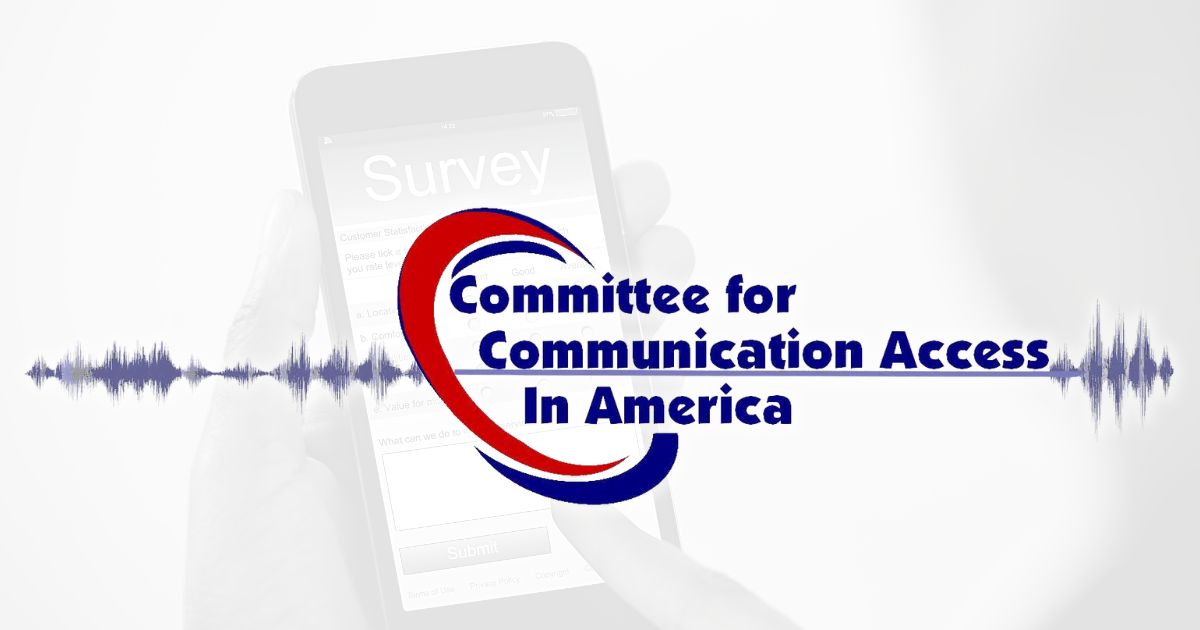ALBUQUERQUE, NEW MEXICO — Since the passage of the Americans with Disabilities Act (ADA), assistive listening systems (ALS) have been mandated in many public gathering places. Various forms of captions, though not mandated, are requested and sometimes provided. Millions use these technologies. Millions more could but do not.The Committee for Communication Access in America (CCAA) has conducted a survey to investigate the matter and, today, released a report of their findings.
That detailed report plus graphs and a wealth of other information gathered during the survey, is posted at the group’s website for public review and download.
The survey was a retrospective cross-sectional study of individuals with hearing loss or some other hearing related condition. The 1,519 respondents were heavily weighted toward people with a severe to profound hearing loss so many questions were cross-tabbed to get an accurate picture of various subgroups. The intent was to acquire reliable information on the preferences and use habits of hard of hearing people when utilizing assistive communication systems. That information will enable providers of services to people with hearing loss to inform clients of the many benefits of the various assistive technologies and which systems are preferred by their contemporaries.
In addition to information and observations on assistive listening and captioning systems, the survey collected detailed information on:
- Degree of hearing loss
- Age and years using hearing devices
- Type of hearing devices used
- Features of those devices
- Affiliation with hearing loss support groups
Among the many surprises in the findings was the preponderance of people with severe to profound hearing loss as participants, and the importance of communication technologies to them in comparison to people with milder hearing loss. Another was a preference for captions over an ALS by this very hearing disabled group.The survey reinforced the fact that hearing loops are the preferred ALS for the hard of hearing. Not surprising was that over half of respondents learned about telecoils elsewhere than from their hearing care provider.
QUESTIONS: Contact Stephen Frazier, 505-401-4195






